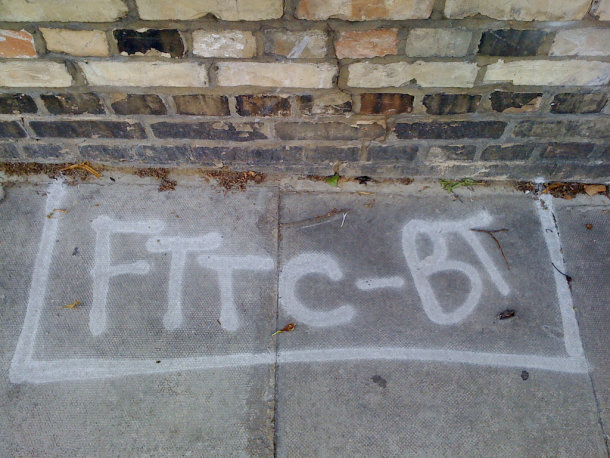Fibre broadband handouts could be clawed back if rollouts make too much cash

Should ISPs who make too much cash from rural superfast broadband deployments have to pay it back, asks government
The government has launched a consultation on how a fund to take superfast broadband to areas of the country likely to be missed by commercial rollouts should be spent - and whether it should seek to claw back grants given to broadband companies that end up making too much money from such areas.
The fund, expected to total £1bn over seven years, is the government's answer to bridging the UK's fibre gap. The looming problem with superfast broadband is that commercial providers are only likely to extend services to around 70 per cent of the country, bypassing areas that are less populous or harder to reach, and therefore more difficult for them to make a profit from.
The £1bn pot, known as the Next Generation Fund, is aimed at helping to push superfast fibre services to at least 90 per cent of the UK - so rural, remote and less-populated areas aren't forced to go without fibre.
The fund will come from the so-called Next Generation Levy - a 50p per month tax on landlines announced in the Digital Britain report last year.

BT marks out a fibre-to-the-cabinet site in London - but when will the countryside get fibre?
(Photo credit: hairyeggg via Flickr.com under the following Creative Commons licence)
The levy, which the government estimates will raise £175m per year, has not made it onto the statue books yet but the government says it will be included in the upcoming Finance Bill - which is expected to pass into law this year, before the general election.
The consultation on how the money should be spent was launched today by the Department for Business, Innovation and Skills. It will run for 12 weeks and take in opinions from telcos, mobile operators, mobile phone manufacturers, network infrastructure companies, software and hardware businesses, ISPs, regional groups, and government and disability groups.
The consultation document includes several questions on where and how the fund should be spent, including whether the government should consider recovering money from ISPs granted money from the fund to deploy fibre in underserved areas and which later find themselves making unexpected profits.
"In order to avoid winning bidders [of grants from the Next Generation Fund] being effectively granted a windfall, it may be appropriate to look at methods of 'clawing back' a proportion or the entire amount awarded from the Fund, if there is a return on the investment greater than a certain level," the document says.
The document also moots the idea of implementing a sliding scale for any claw back scheme, whereby the rate of money clawed back increases as the ROI on fibre deployments grows. Asked whether the government would seek to redistribute any cash clawed back in this way to those who paid the Levy or if the Treasury would retain it, a spokeswomen for BIS said it is too early to say. "The claw-back scheme is part of the consultation process - it's something that we're looking at - so how the money is used from the claw-back scheme, if it goes ahead, it would be too early to say because that's the whole point of the consultation," she said.
Other areas the government is consulting on include ways of ensuring there is competition within the new networks; whether its all-open access network approach is the right one; national versus local approaches to deployment; procurement options; and how to set adequate quality of service requirements.